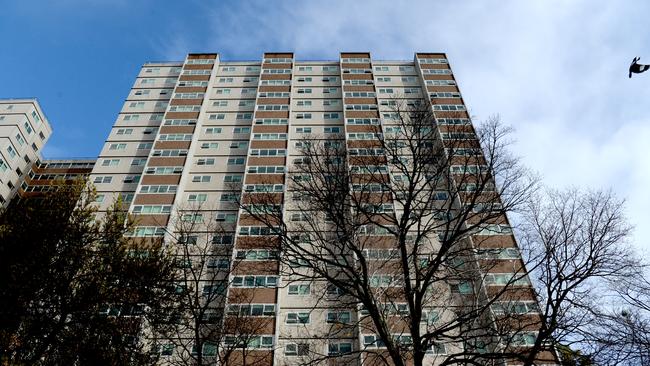Key Labor property pledge missing from Federal Budget 2023
A heavily criticised election pledge from Labor to help struggling Aussies buy a home with a minimal deposit was mysteriously absent from the Budget.
Labor’s pledge in the lead up to the last federal election of a radical plan to help low-income earners buy homes with minuscule deposits appears to have come no closer to fruition, with scant mention in the Budget.
The ALP came to power last year promising a ‘Help to Buy’ scheme that would see government support eligible home buyers by essentially co-purchasing up to 40 per cent of a new home and up to 30 per cent of an existing dwelling.
Government would make the deposit contributions in exchange for a share, or proportional interest in the property.
The shared equity scheme would allow low- and middle-income earners to purchase homes with as little as a 2 per cent deposit.
Minister for housing Julie Collins revealed in a Budget media release that the ‘Help to Buy’ scheme remains part of the Albanese Government’s housing policy agenda, but no new details were included in the Budget.
Real estate industry figures such as Raine and Horne chairman Angus Raine had been calling on the government to provide clarity on the proposal ahead of the new Budget.
“Desperate home buyers still have no indication of when the scheme will commence,” he said.
Details that had previously been released about ‘Help to Buy’ suggested it would be similar to programs offered at a state-level such as the WA HomeShare Scheme.
It is also similar to a scheme introduced nearly a decade ago in the UK, which was the subject of a House of Lords report that revealed it did not provide “good value for money” for taxpayers and inflated house prices in England.

The report concluded that funds allocated for the scheme would have been “better spent on increasing housing supply”.
Home to Buy was also met with criticisms when it was first announced by the ALP last year.
Property analyst and SQM Research director Louis Christopher told The Daily Telegraph at the time that allowing lower-income buyers to get into the market with 2 per cent deposits was risky in a falling market.
It was also a recipe for mortgage stress as it would tie lower income families to large mortgages that they may not be able to afford, Mr Christopher said.
Home buyers’ propensity to purchase properties with low deposits during the recent, pandemic-era housing boom has already created considerable risk in the housing market.
Mortgage brokers have revealed that these buyers were among the groups most likely to be “mortgage prisoners” – those paying down loans they would not be eligible for in today’s higher interest rate environment. This meant they had no opportunities to refinance to a cheaper rate.
These buyers also faced an increased risk of selling their properties for less than the prices they paid for them.
According the latest Proptrack Home Price Index, national home prices continued to stabilise in April after rising for the fourth consecutive month, rising 0.14 per cent.
The cumulative increase in 2023 is now 0.75 per cent.
Strong migration, tight rental markets and limited supply are offsetting the impact of rapid interest rate rises.
More Coverage
Originally published as Key Labor property pledge missing from Federal Budget 2023




